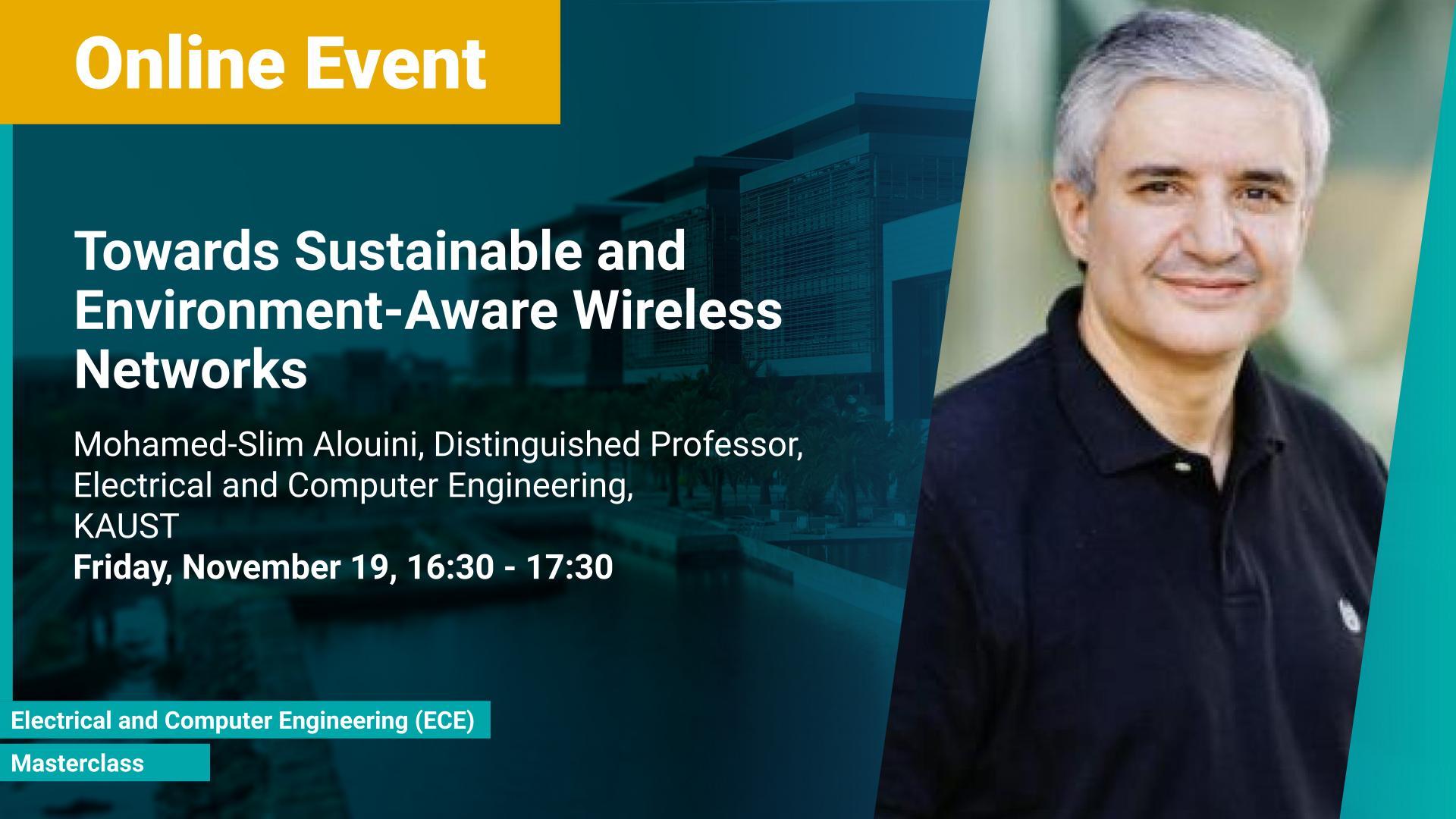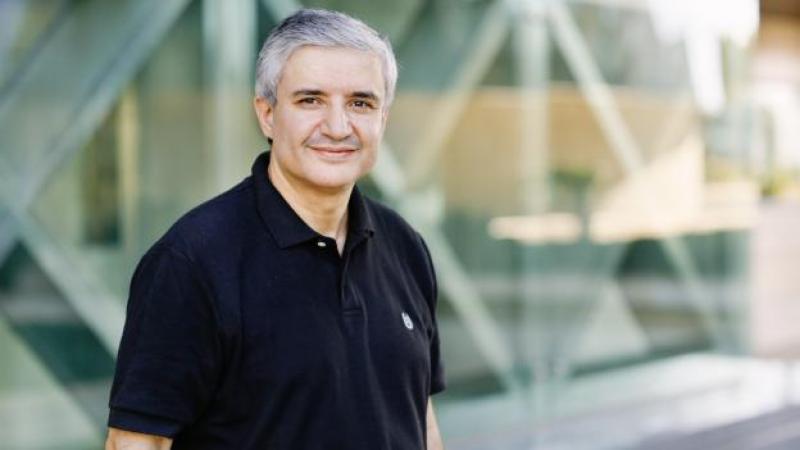Abstract
The role of Internet and Communication Technology (ICT) in bringing about a revolution in almost all aspects of human life needs no introduction. It is indeed a well-known fact that the transmission of the information at a rapid pace has transformed all spheres of human life such as economy, education, and health to name a few. In this context, and as the standardization of the fifth generation (5G) of wireless communication systems (WCSs) has been completed, and 5G networks are in their early stage of deployment, the research visioning and planning of the sixth generation (6G) of WCSs are being initiated. 6G is expected to be the next focus in wireless communication and networking and aims to provide new superior communication services to meet the future hyper-connectivity demands in the 2030s. In addition, keeping in mind that urbanized populations have been the major beneficiary of the advances offered by the previous generations of WCSs and motivated by the recently adopted united nation sustainability development goals intended to be achieved by the year 2030, 6G networks are anticipated to democratize the benefits of ICT and to bring global connectivity in a sustainable fashion in order to contribute to developing tomorrow’s digitally inclusive and green world. In this context, this talk aims to (i) provide an envisioned picture of 6G, (ii) serve as a research guideline in the beyond 5G era, and (iii) go over some of the recently proposed green technologies to offer high-speed connectivity not only in urban environments but also in under-covered areas in order to serve and contribute to the development of far-flung regions.
Brief Biography
Mohamed-Slim Alouini was born in Tunis, Tunisia. He received the Ph.D. degree in Electrical Engineering from the California Institute of Technology (Caltech) in 1998. He served as a faculty member at the University of Minnesota then in Texas
A&M University at Qatar before joining in 2009 the King Abdullah University of Science and Technology (KAUST) where he is now a Distinguished Professor of Electrical and Computer Engineering. Prof. Alouini is a Fellow of the IEEE and of the OSA. He is
currently particularly interested in addressing the technical challenges associated with the uneven distribution, access to, and use of information and communication technologies in far-flung, rural, low-density populations, low-income, and/or hard-to-
reach areas.

